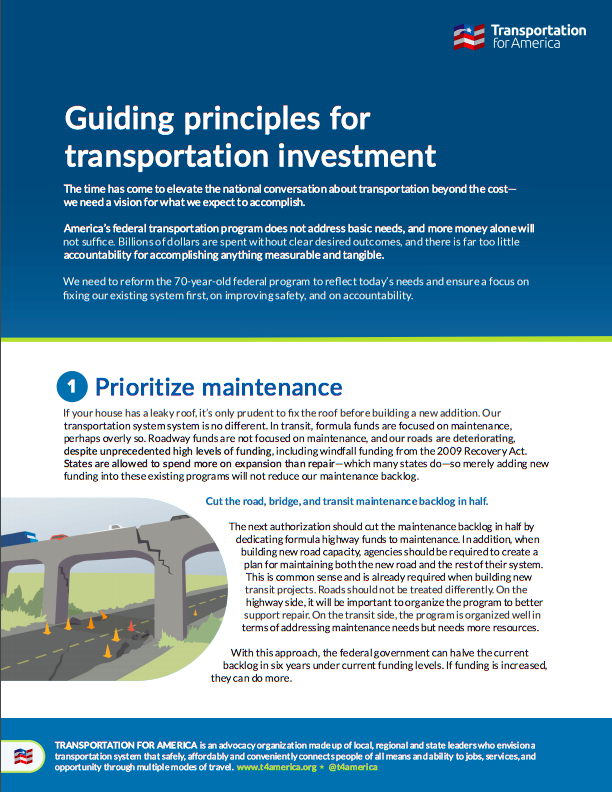COVID-19 & the curb: Private sector works to adapt and offer creative solutions
This blog is part of a special series on curb management and COVID-19. A joint effort of International Parking & Mobility Institute, Transportation for America, and Institute of Transportation Engineer’s Complete Streets Council, this series strives to document the immediate curbside-related actions and responses to COVID-19, as well as create a knowledge base of strategies that communities can use to manage the curbside during future emergencies.
Curbside management in a recurring emergency scenario: A municipal perspective
This post is part of a special series on curb management and COVID-19. A joint effort of IPMI, Transportation for America, and ITE’s Complete Streets Council, this series strives to document the immediate curbside-related actions and responses to COVID-19, as well as create a knowledge base of strategies that communities can use to manage the curbside during future emergencies.
Memo: Smart transportation investments are key to future resiliency
The following is a memo published by Third Way on ensuring smart infrastructure investments, written by Third Way’s Transportation Policy Advisor, Alex Laska. Alex recently joined T4America Director Beth Osborne on a webinar, “Responding to the Crisis: What Does US Infrastructure Look Like During the COVID-19 Recovery?” presented by Third Way, Our Daily Planet, and the University of Michigan”.
The parking and mobility industry comes together in a time of need. Here’s how.
As communities enacted new policies to protect citizens by minimizing the spread of the coronavirus, their parking and mobility programs adapted curb management and parking policies to address emerging priorities.
Here are 4 things transit agencies can do to fight for more funding
The $25 billion in emergency funding provided for transit agencies in the first COVID-19 relief package was a great start—but as the crisis continues, agencies (and rural agencies in particular) likely need more funds to keep their personnel safe and return to normal service when stay at home orders loosen. Here are five powerful actions transit agencies can take to fight for more funding.
How is COVID-19 impacting rural transit in Oklahoma
Struggles for rural transit agencies show that the impacts of the COVID-19 pandemic to public transportation are not limited to big cities.
Transit workers and riders: We want to hear from you
Transit personnel and the essential workers riding transit to reach their jobs at hospitals and grocery stores are the frontline of the COVID-19 pandemic. Elected officials need to hear what it’s like operating and riding transit in these conditions in order to provide more emergency funding. Please send us your story.
The CARES Act isn’t enough to save public transportation
COVID-19 is costing transit agencies billions in lost revenue and increased costs to protect personnel. And unfortunately, the $25 billion in emergency funding Congress gave transit in the CARES Act isn’t enough—especially if stay-at-home orders continue indefinitely. The next relief package needs to give transit agencies more emergency assistance in order to keep transit workers safe and make sure that transit will be there when this crisis is over.
If we want an infrastructure stimulus, there are valuable lessons to learn from 2009
While there are enormous needs for relief and support all across the economy, the president and many congressional leaders have indicated that they want infrastructure to be a major part of a future stimulus bill. If Congress does intend to use infrastructure spending to create jobs and support recovery, their own effort in 2009 has some clear lessons they should learn from.
Hundreds tell Congress that we need a new framework for transportation
As the COVID-19 crisis continues to shift the political landscape, 293 elected officials and organizations from 45 states signed Transportation for America’s letter urging Congress to reform the federal transportation program in the upcoming reauthorization. Rethinking transportation policy matters now more than ever.





